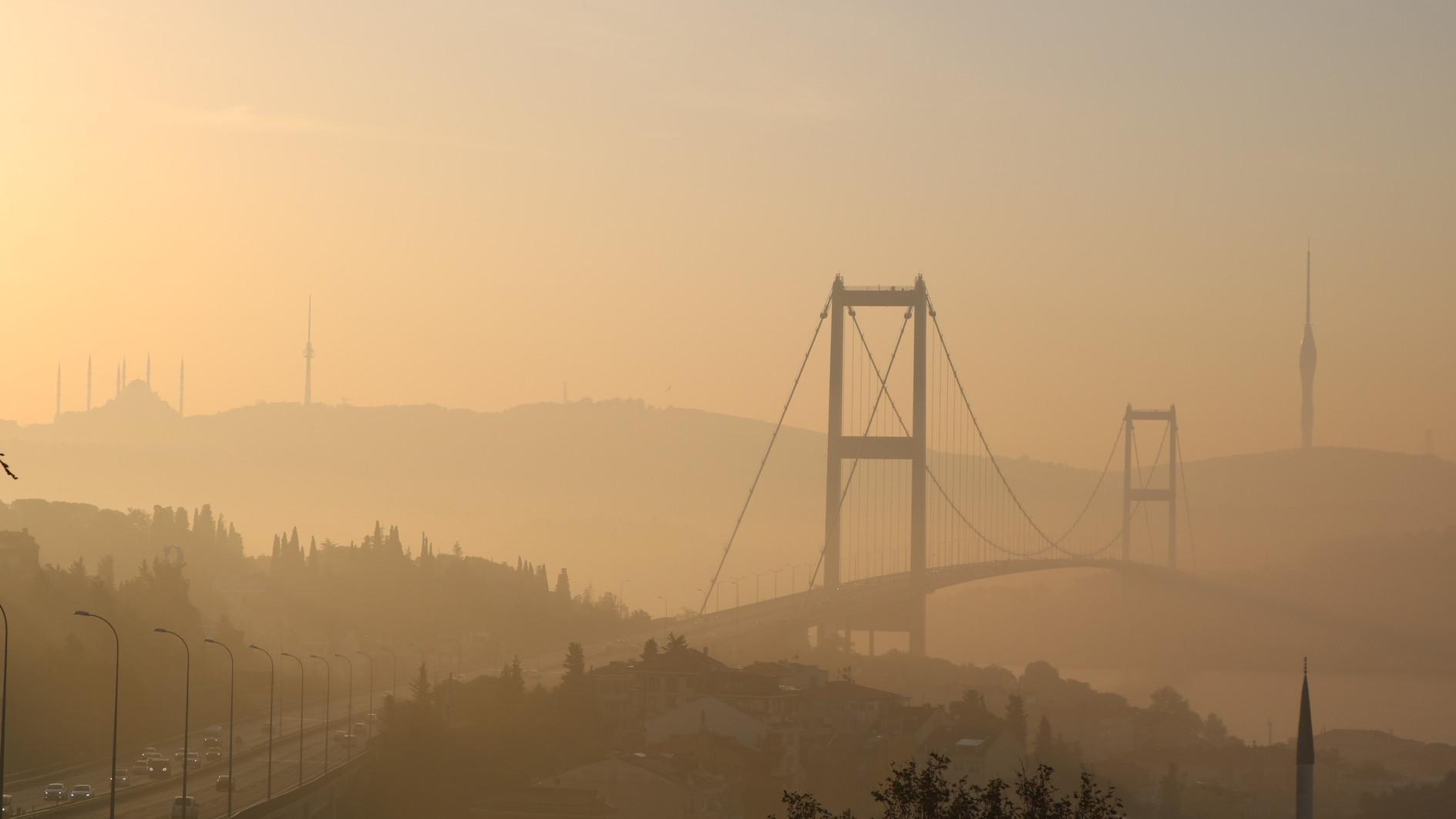
The average nitrogen dioxide level in Istanbul — an indicator of air pollution — increased from 35.55 micrograms per cubic meter to 40.61 micrograms per cubic meter in the first seven months of 2024, representing a 14 percent increase from the same period in 2023.
This fluctuation heavily stems from heavy traffic, Professor Dr. Hüseyin Toros pointed out, adding that industrial facilities’ activities, pollutants related to warm temperatures, and meteorological conditions also play a vital role.
Toros emphasized that high nitrogen dioxide levels are closely related to the heavy dependence on vehicles, noting that these levels continue to rise progressively as the number of vehicles in the city increases.
“Istanbul's traffic congestion worsens as more cars fill the roads, which subsequently leads to more emissions and atmospheric pollution due to the stop-and-go traffic,” he said. “The stop-and-go traffic must disappear, and the city's car population must decline for Istanbul's air to stay clean. We need to use public transportation more.”
Noting that widespread automobile use, increased production and inefficient resource utilization are all factors that lead to atmospheric pollution, Toros warned that this can lead to respiratory, cardiovascular, and even neurological diseases.
He also stressed that such human activities causing air pollution are significant contributors to the scorching hot temperatures observed globally, recalling that July 22 marked the hottest day on record this year.